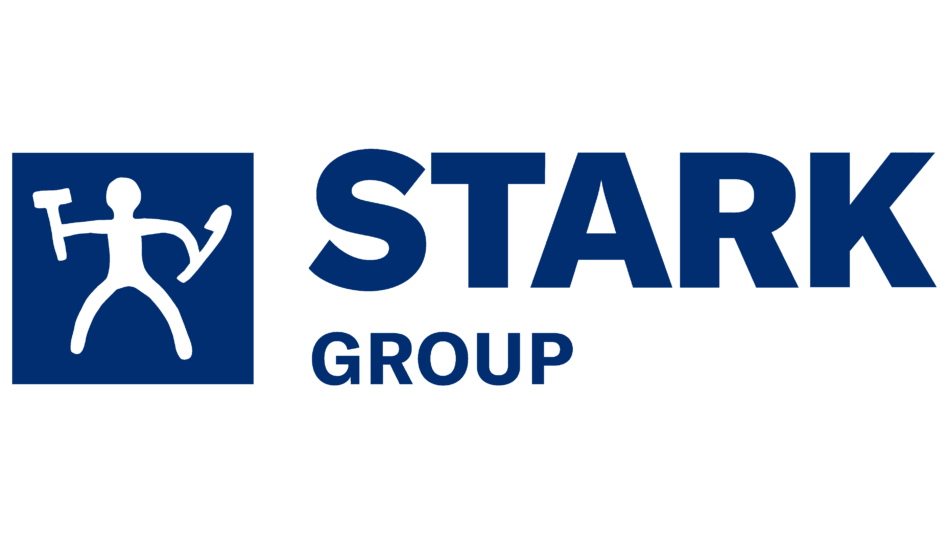Finding Factories in China: Navigating a Manufacturing Powerhouse
China remains one of the world’s leading manufacturing hubs, offering a broad spectrum of capabilities that range from high-tech electronics and machinery to textiles and consumer goods. With decades of experience in mass production, state-of-the-art infrastructure, and a vast labor pool, China continues to be a top destination for businesses seeking reliable manufacturing partners. This article explores the nuances of sourcing factories in China and outlines essential guidelines for maintaining a robust code of conduct across its diverse regions.
Exploring China’s Manufacturing Landscape
China’s manufacturing ecosystem is characterized by its versatility. Coastal provinces such as Guangdong, Zhejiang, and Jiangsu have long been renowned for their advanced production facilities, precision engineering, and world-class electronics manufacturing. Meanwhile, inland regions offer competitive cost advantages and are increasingly modernizing their industrial capabilities. This regional diversity enables companies to choose manufacturing bases that best suit their specific needs:
- High-Tech Electronics & Machinery: Cities like Shenzhen and Suzhou lead in the production of consumer electronics, semiconductors, and advanced machinery.
- Textiles & Apparel: Provinces such as Jiangsu and Zhejiang have deep expertise in fabric production, garment manufacturing, and quality control.
- Automotive & Heavy Industry: Provinces like Sichuan and Chongqing are evolving as hubs for automotive parts and heavy industrial equipment.
Cost-Effectiveness and Efficiency
China’s manufacturing industry is known for its cost-effectiveness due to competitive labor rates, efficient supply chains, and economies of scale. Government initiatives and industrial clusters further enhance productivity, reducing lead times and improving overall efficiency. Companies must, however, balance cost savings with quality control and ethical considerations.Access to a Robust InfrastructureChina’s well-developed transportation networks, including extensive road, rail, and port systems, simplify logistics and reduce shipping costs. Proximity to global shipping routes and established export channels makes China a strategic location for reaching international markets quickly and reliably.The Importance of a Code of Conduct in ChinaEstablishing Ethical StandardsWhen engaging with manufacturing partners in China, establishing a clear and robust code of conduct is crucial. This framework should cover areas such as:
- Fair Labor Practices: Ensure all workers receive fair wages, work reasonable hours, and operate in safe conditions.
- Environmental Sustainability: Commit to eco-friendly manufacturing processes, waste reduction, and proper resource management.
- Quality Control: Adhere to stringent quality standards that align with international benchmarks and customer expectations.
Regional Variations and Compliance ChallengesDespite China’s overall progress in labor and environmental regulations, there are notable regional variations. For example, factories in well-regulated coastal regions might adhere more strictly to international standards compared to some inland facilities. Companies can address these differences by:
- Local Audits: Conducting regular, independent audits to assess compliance with the agreed-upon code of conduct.
- Engagement with Local Authorities: Collaborating with local regulatory bodies to understand regional compliance requirements and ensure that manufacturing practices meet both local and international standards.
- Tailored Training Programs: Providing customized training for factory management and workers to ensure awareness and adherence to ethical practices and safety protocols.
Building Trust and Long-Term Relationships
Developing a network of trusted partners in China requires transparency and sustained engagement. Companies should:
- Establish Clear Communication Channels: Regular meetings, progress reports, and feedback loops help build mutual trust.
- Contractual Obligations: Incorporate detailed clauses in contracts that outline the expected ethical standards, quality benchmarks, and mechanisms for dispute resolution.
- On-Site Visits: Frequent site visits not only verify compliance but also help understand the local operational context, fostering stronger partnerships.
Best Practices for Sourcing Factories in China
- Comprehensive Market Research: Identify manufacturing hubs that match your industry’s needs. Utilize trade shows, local industry associations, and market reports to gather insights.
- Due Diligence: Assess potential partners on their production capabilities, compliance records, and commitment to ethical practices. Request audit reports, certifications, and third-party evaluations.
- Local Expertise: Engage local consultants and legal advisors who have deep knowledge of China’s regulatory landscape and cultural nuances. Their insights can be pivotal in navigating local business practices.
- Transparent Contracts: Draft clear, detailed contracts that specify quality standards, ethical guidelines, and timelines. Ensure that there are robust provisions for monitoring and enforcement.
- Ongoing Evaluation: Implement continuous improvement processes through regular feedback, audits, and performance reviews. This approach ensures that both production and ethical standards evolve in line with industry best practices.
Three different modules
Here are our latest features and functionalities.
Vetting Agent
Ask specific questions for vetting suppliers in bulk.
Research Agent
Send out AI agents to find key information like financial & more.
Advanced Export
Provide key information to align and engage stakeholders.
FAQ
How is this different from ChatGPT?
Are you planning to replace attending trade fairs?
We love the physical meeting between the supplier and buyer. But going to a trade fair without checking Find My Factory is a waste of time and resource.
Is my data secure?
Yes, your data, both searches and uploaded are safe within your account. We have a ISO27001 pending.
Can I invite my team members?
Yes, dependent on your paid plan you can invite up to 5 or 10 more users. There is no cap in how many you can add to an additional cost.
Are my search results saved automatically?
Yes. All previous searches is saved to "recent searches".














